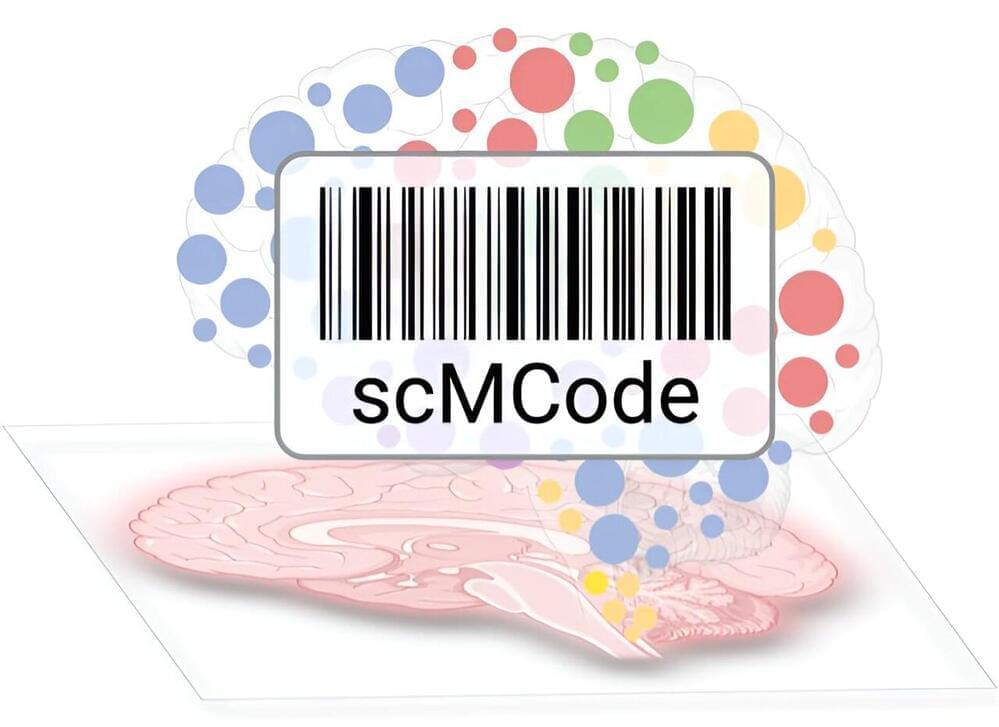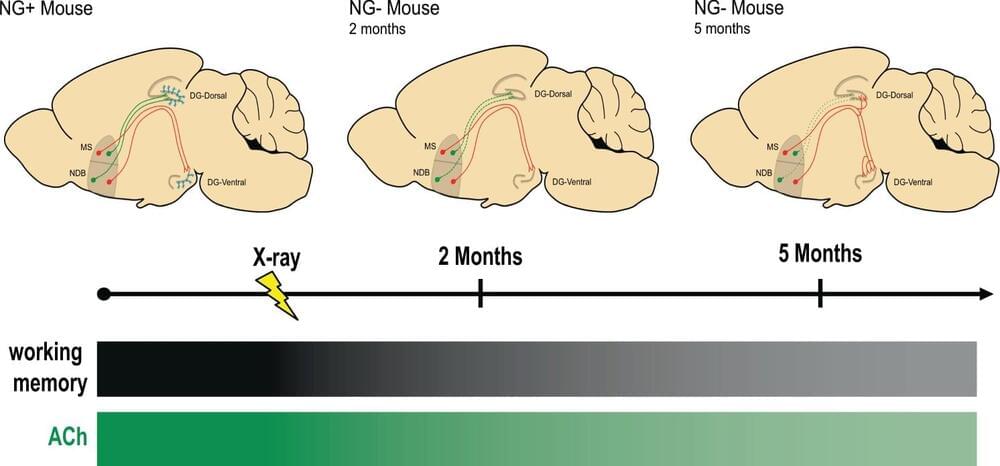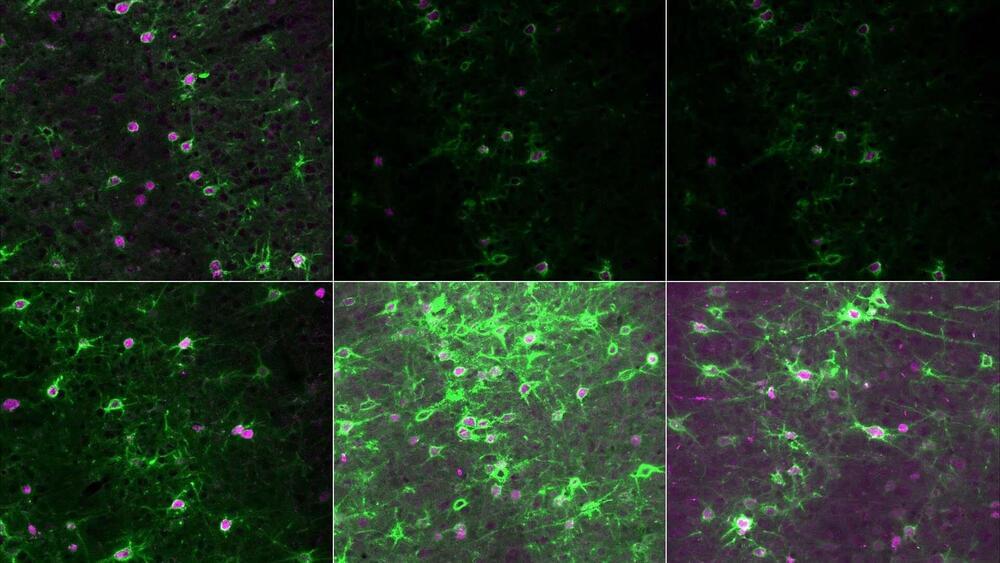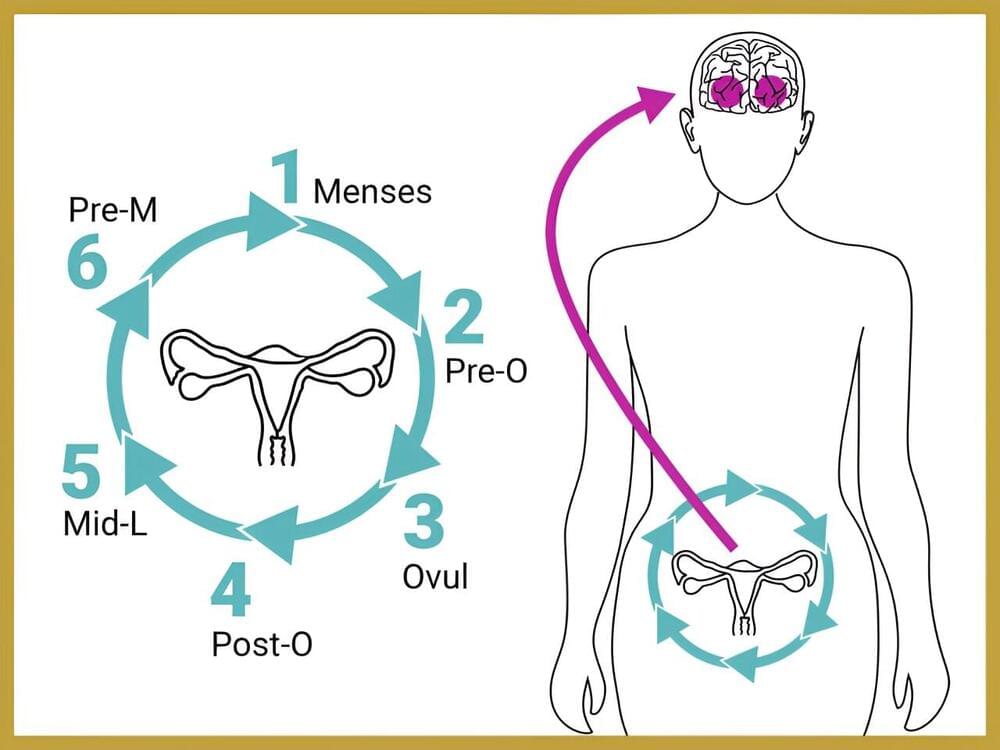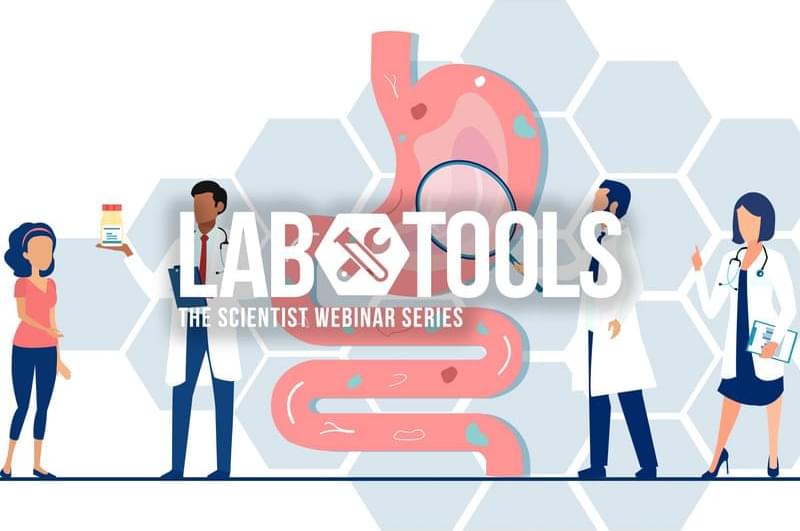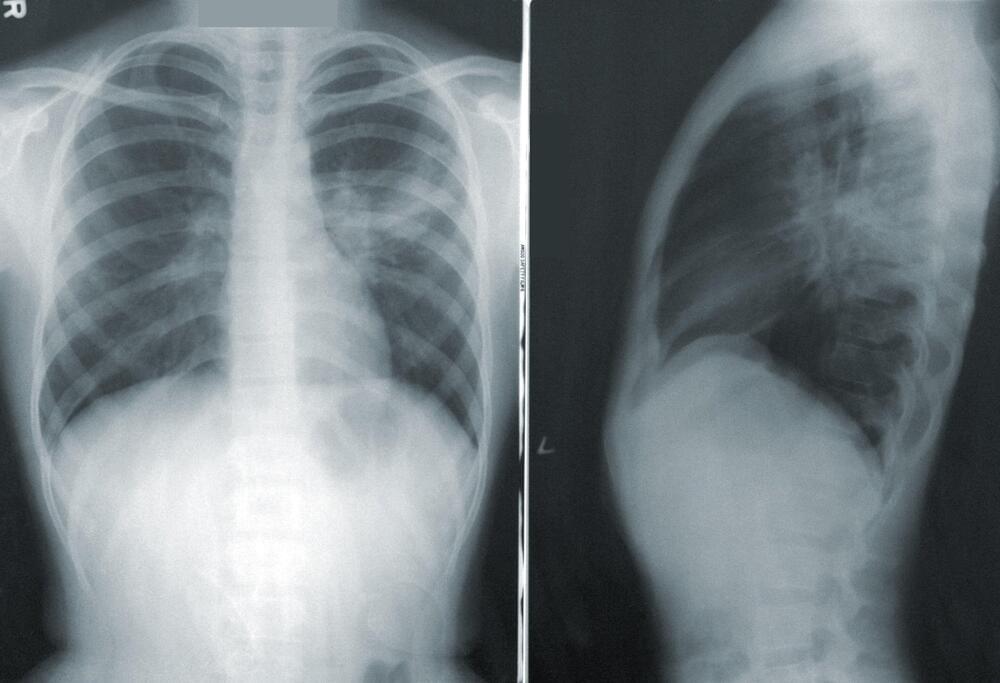Oct 14, 2023
A new era in brain science: Researchers unveil human brain cell atlas
Posted by Dan Breeden in categories: biotech/medical, neuroscience, science
Salk Institute researchers, as part of a larger collaboration with research teams around the world, analyzed more than half a million brain cells from three human brains to assemble an atlas of hundreds of cell types that make up a human brain in unprecedented detail.
The research, published in a special issue of the journal Science on October 13, 2023, is the first time that techniques to identify brain cell subtypes originally developed and applied in mice have been applied to human brains.
“These papers represent the first tests of whether these approaches can work in human brain samples, and we were excited at just how well they translated,” says Professor Joseph Ecker, director of Salk’s Genomic Analysis Laboratory and a Howard Hughes Medical Institute investigator. “This is really the beginning of a new era in brain science, where we will be able to better understand how brains develop, age, and are affected by disease.”
